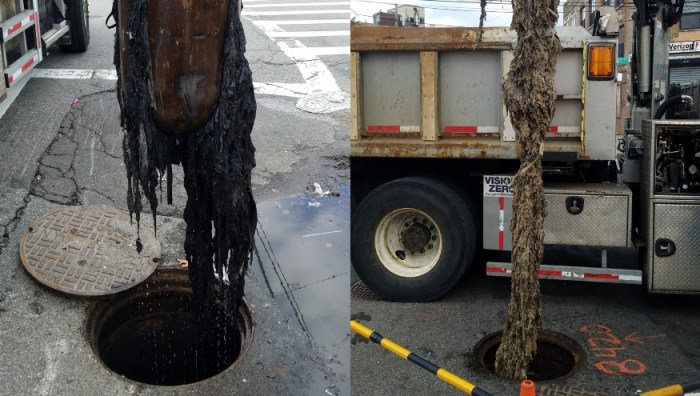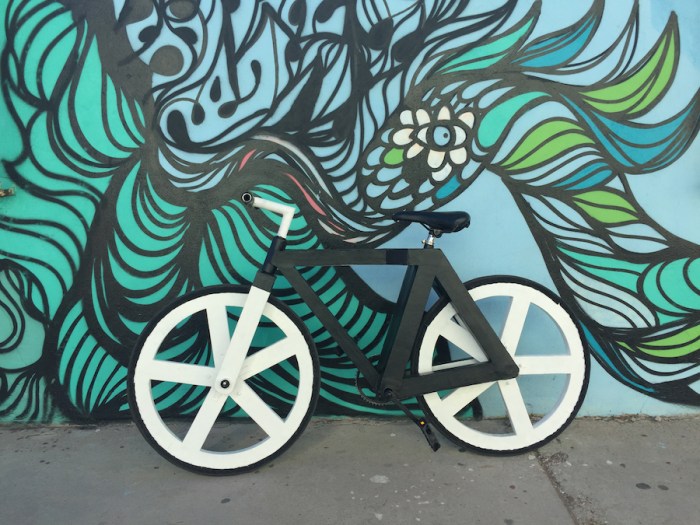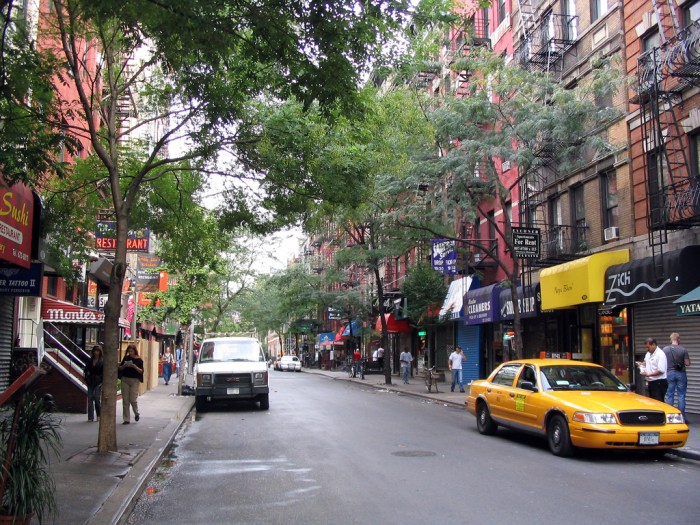Residents looking for more space to grow are taking the concept literally as buildings across New York City now offer access to fresh produce.
This food doesn’t come from a fancy supermarket or co-op attached to the buildings, but are garden plots and farms available to residents as the latest amenities.
Here are three buildings, in three different boroughs, that are striving to change the urban landscapefor their residents.
Part of the residential complex on the Long Island City, Queens waterfront that includes affordable housing, the Hunter’s Point South Living Urban Farm has teamed up with nonprofit GrowNYC to create its 2,300-square-foot organic garden. Located on the 13th-floor terrace of Hunter’s Point South Commons, the garden features 13 planting beds and is irrigated by a storm water retention tank. Residents, from spring through fall, have access to the garden’s seasonal vegetables, fruits, beans and herbs. They can also learn about beekeeping through the garden’s apiary that houses approximately 20,000 honey bees. The first of 14 residential buildings that will comprise the Pacific Park project near Brooklyn’s Barclays Center, the condo features a 3,500-square-foot landscaped roof deck. The outdoor space not only has a grill, full kitchen and seating, but also individual garden plots for residents. With these plots, residents have the option to grow their own fruits, vegetables and herbs. One of the city’s largest urban farms, Urby Staten Island measures 5,000 square feet and grows over 50 varieties of produce — including greens, summer vegetables, flowers, herbs and roots. The farm is managed by a farmer-in-residence, with produce served through its test kitchen, and sold at a weekly farmer’s market and in its Bodega. Residents are also encouraged to come together through large picnic tables for shared dining and by growing their own herbs and vegetables. Urby additionally features an apiary with 20 beehives on its roof. There are plans for the honey to be served in Urby’s Coffeed café and sold at the Bodega.

















